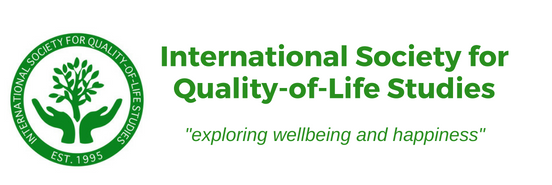Synopsis of upcoming books
Scope Book 1 (Springer/Palgrave Macmillan. Publication May 2020)
Development, Humanitarian Aid and Social Welfare. Social Change from the inside Out
https://www.palgrave.com/us/book/9783030426095
This book seeks to examine the way in which human behavior is shaped by our emotions, thoughts and aspirations, and vice-versa, how the resulting experiences impact ourselves, others and the World.
Based on an analysis of these interactions, it seeks to offer practical solutions to systematically induce social change dynamics, which are sustainable overtime. With a case study from Port-au-Prince (Haiti) as illustration, this book also examines the interplay of the individual with the culture, socio-economical and political context of his/her environment, and the causes and consequences that these factors engender along the path of personal and collective evolution. Put another way, this book sheds light on individual aspirations as the core of personal empowerment, which in turn lies at the center of community, national and, by consequence global, prosperity.
The book explains how social change, in addition to economic and political transformation at the macro-level, begins with a mind-shift at the micro-level. National resilience is anchored in individual resilience; which is rooted in the individual’s personal aspiration to meaning. Connecting to this aspiration unlocks the person’s ability to overcome political and economic challenges, violence and poverty, and to thrive despite them, by proactively taking charge. The book establishes the missing link between investments in personal empowerment and collective welfare. One nurtures the other once they are pursued in a holistic understanding of shared value, and shared responsibility. Thus, individuals who consciously seek the best interest of others end up benefiting from better quality of life, physically, mentally and emotionally.
The theoretical foundation of this book is the concept of a ‘body-mind-heart-soul connection’, collected from various conceptual frameworks and traditions, which is used to examine the multi-faceted dimensions of stress, subjective wellbeing and collective progress. Through an innovative multidisciplinary approach, this book aims to counter the noticeable shortcomings in the discursive representations of development and non-profit communication, and to contribute a more balanced examination of the narratives about and the impact of meaning and critical mindsets in people’s lives and experiences.
This book looks at the micro-, meso, macro and meta-levels of social change: It theorizes and challenges the ‘figure’ of individuals as passive onlookers of their situation, in particular in fragile states that are traditionally portrayed as basket-cases of charity, and offers ways towards a shift in mindsets, from victimization to personal power. Seeing the significant potential of non-profit organizations (non-governmental organizations, United Nations, Foundations, bi and multilateral funds) dedicated to social causes, to drive social change, this book looks then at the factors that hinder organizations from living up to the inspiring mission that is often enshrined in their mandate, and tools to shape the prevailing institutional culture. Finally, it looks at facts that influence public opinions, as building blocks of social norms that condone a globalized bystander syndrome in the face of inequality; and proposes practices to shape decision-making architectures that are conducive to inclusive decision-making.
Situated within the study of resilience, the nexus of development and humanitarian aid, education and societal adaptation within contemporary global and local contexts, this book makes the case for an alternative path to sustainable change and hereby an inclusive society. Based on the premise that an equitable society is to the benefit of everyone, in the book it is argued that efforts made in the interest of others have benefits at three levels – for the individual who acts, the one who has been acted for, and wider society.
Cornelia C. Walther, PhD
Tel + 1 347 845 37 90
Affiliations: Deakin University, UNICEF, POZE Network
Location: New York

